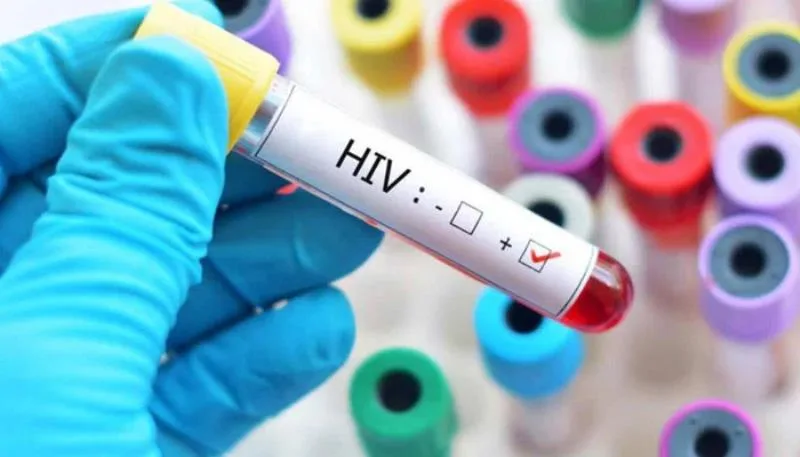Pakistan’s HIV Crisis Deepens as Aesthetic Clinics Come Under Scrutiny
A Hidden Vector in the HIV Epidemic Pakistan’s escalating HIV crisis is now linked to a surprising source: the booming aesthetic industry. Beauty salons, barbershops, and cosmetic clinics—many operating in urban and semi-urban areas—are under fire for poor hygiene practices and lack of medical oversight. These venues often reuse tools like razors, scissors, microneedles, and syringes without proper sterilization, creating a dangerous pathway for HIV and other blood-borne infections.
Untrained Hands Performing Risky Procedures Public health experts warn that many aesthetic procedures are being carried out by individuals with no formal medical training. Treatments such as microneedling, cosmetic injections, and hair transplants are frequently performed in unregulated settings, often without certified dermatologists or infection control protocols. This lack of professional oversight significantly increases the risk of disease transmission.
Regulatory Blind Spots Worsen the Threat Historically, Pakistan’s health regulations have focused on hospitals, blood transfusions, and high-risk groups. Meanwhile, community-level establishments like salons and cosmetic centers have remained largely unmonitored. This regulatory gap has allowed HIV to spread silently in areas previously considered low risk.
Urgent Reforms Recommended by Experts To curb the growing threat, health professionals are calling for a multi-pronged response:
- Mandatory training for salon and clinic workers on sterilization and HIV prevention
- Licensing and regular inspections of aesthetic centers
- Public awareness campaigns about the risks of unregulated procedures
- Crackdowns on clinics operating without qualified medical personnel
These measures are essential to prevent further spread and protect public health.
A Preventable Crisis Demands Swift Action Without immediate intervention, Pakistan risks losing control of a preventable and stealthy vector of HIV transmission. The aesthetic industry must be brought under the umbrella of public health regulation, with hygiene standards enforced and awareness raised at every level.




+ There are no comments
Add yours